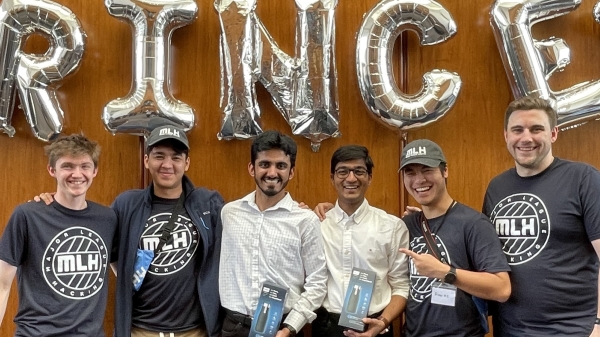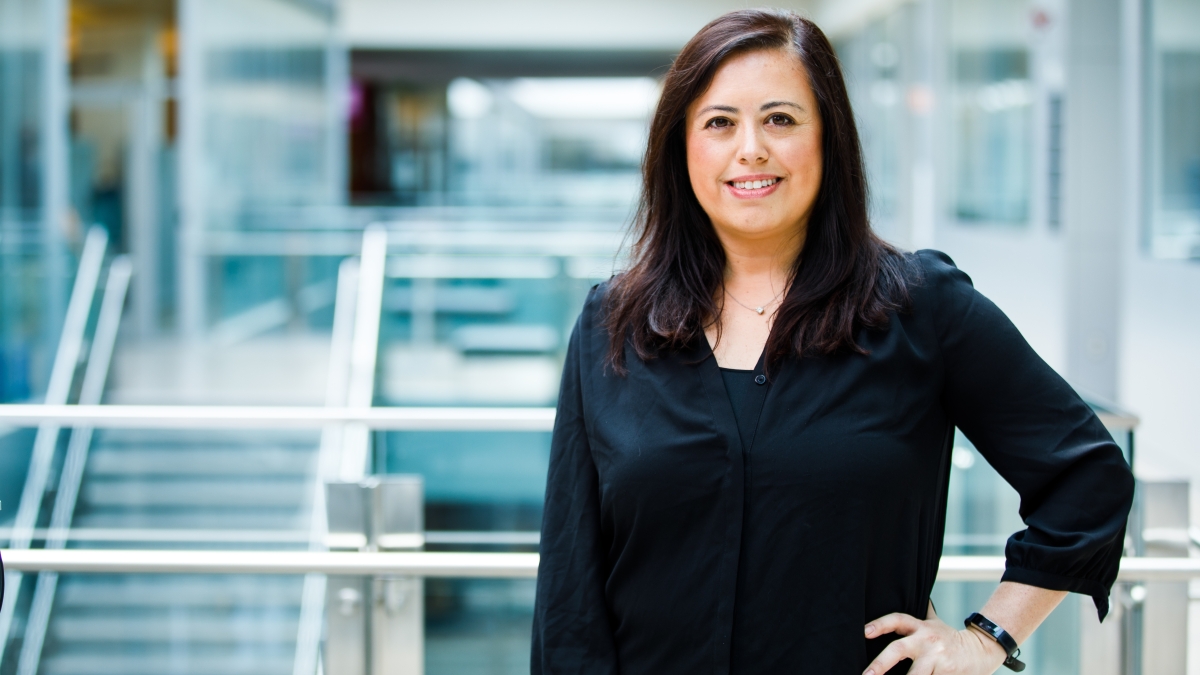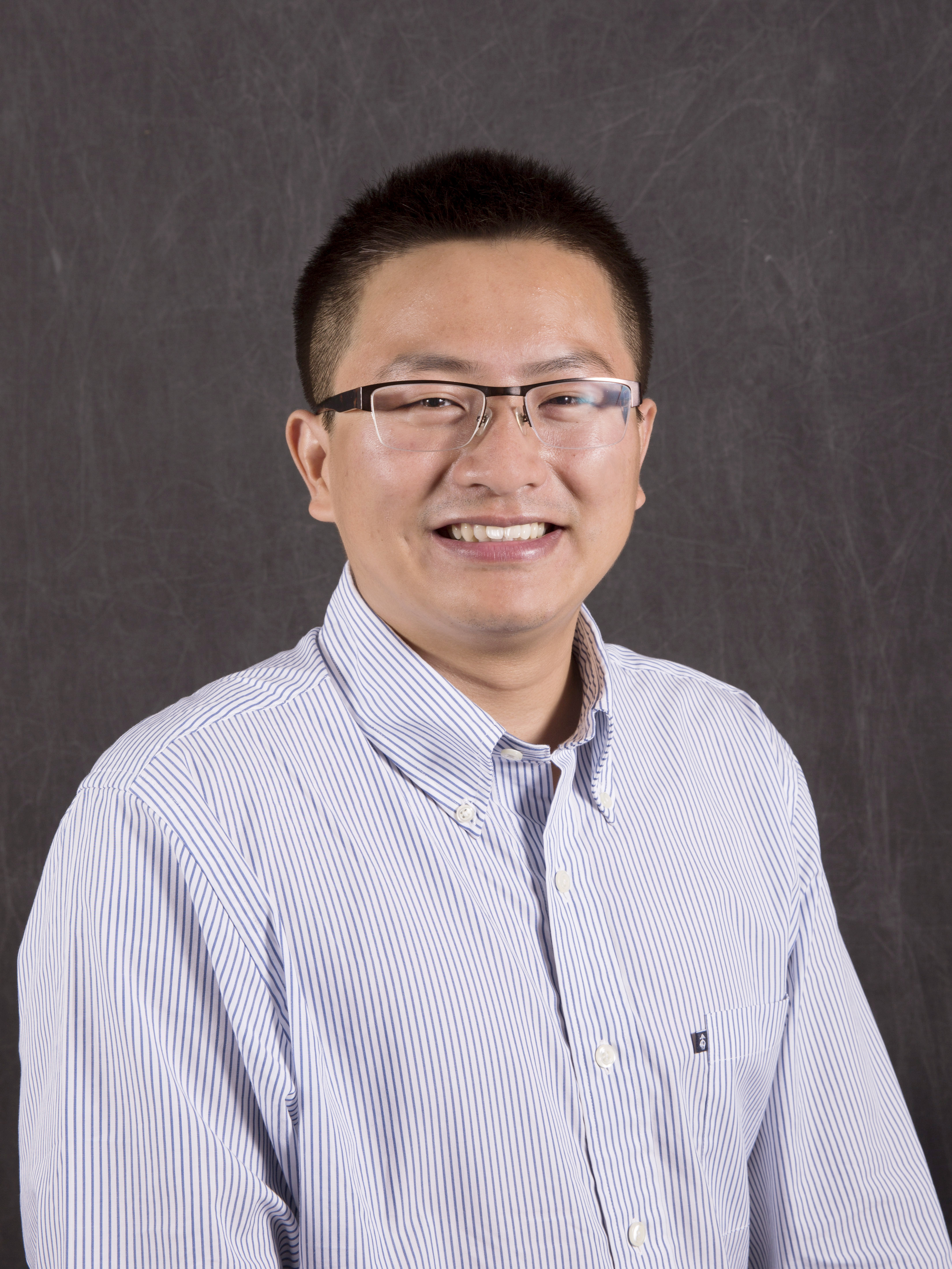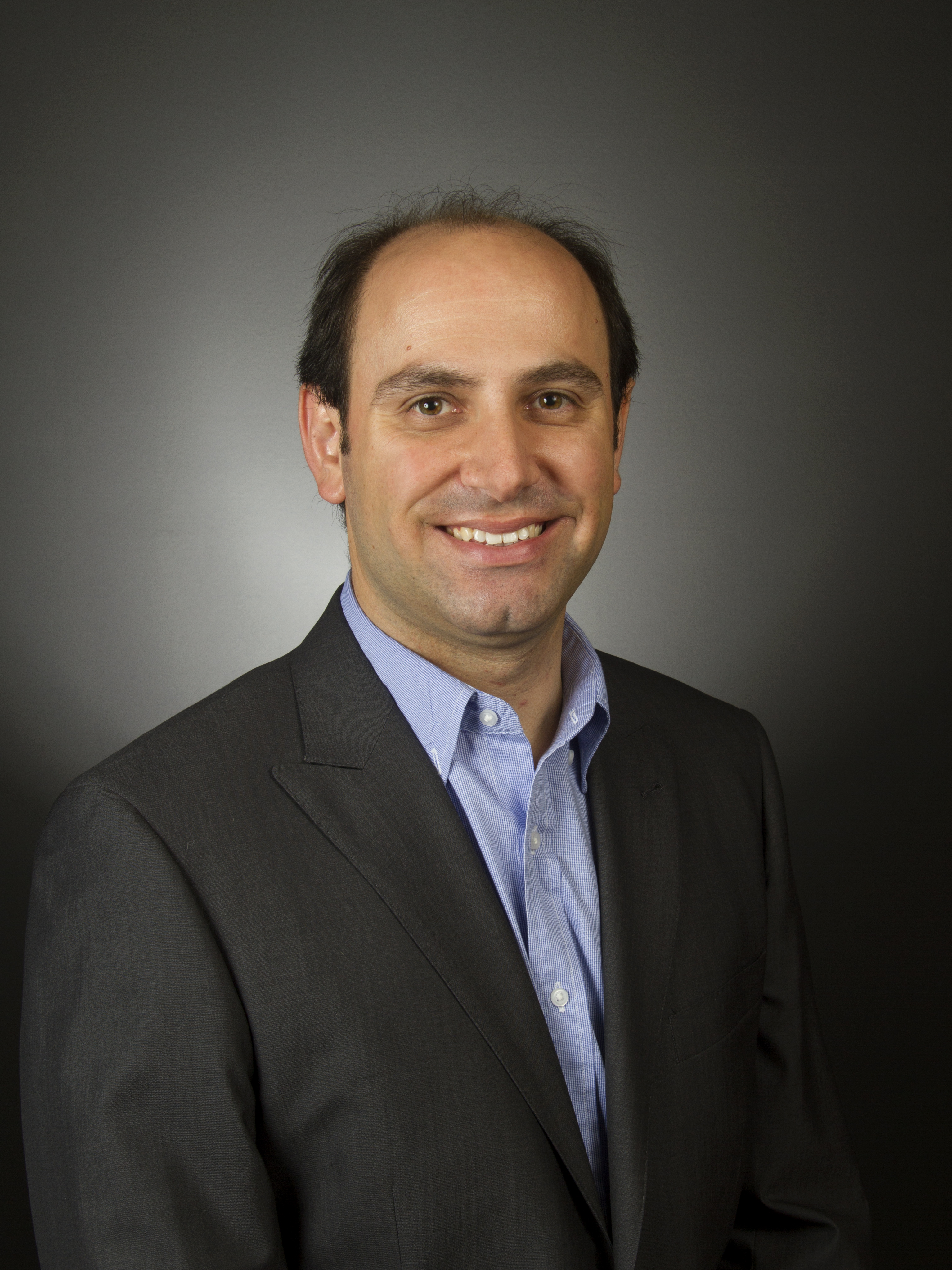Three Arizona State University faculty — microbiologist Jennifer Barrila (pictured above), optical electronics researcher Yuji Zhao and materials scientist Sefaattin Tongay — have been awarded the Presidential Early Career Award for Scientists and Engineers (PECASE). The awards were announced by President Donald Trump, and the more than 300 awardees where honored during a July 25 ceremony in Washington, D.C.
Yuji Zhao
PECASE awards are the highest honor bestowed by the U.S. government to outstanding young scientists and engineers who are beginning their independent research careers and who show exceptional promise for leadership in science and technology.
The three 2019 ASU PECASE winners are:
Jennifer Barrila, an assistant research professor in the Biodesign Center for Fundamental and Applied Microbiomics, was cited for her work in advancing the understanding of infectious disease with innovative space-based investigations. Her award is through NASA. Barrila’s work focuses on how changes in physical forces associated with microgravity, such as exposure to low fluid shearFluid shear in this context refers to the force of fluid that flows across cells. conditions, can alter the responses of both human and microbial cells to influence infection.
Sefaattin Tongay
Sefaattin Tongay, an assistant professor of materials science and engineering in the Fulton Schools of Engineering, was cited for his work on two-dimensional electronics materials systems. The Tongay research group plans to use the PECASE funding to expand their understanding of the optical, electrical, mechanical and magnetic properties of 2D materials with the goal of opening up new uses of the materials in a wide range of technologies.
Yuji Zhao, an assistant professor of electrical and computer engineering in the Fulton Schools of Engineering, was honored for his work in advancing the fundamental science of quantum photonics. Zhao plans to use his PECASE funding to advance a special computing chip called a photonic integrated circuit. These chips use photons of light to perform complicated tasks rather than electrons, which are used in conventional integrated circuits.
Established in 1996, the PECASE acknowledges the contributions scientists and engineers have made to the advancement of science, technology, education and mathematics education and to community service as demonstrated through scientific leadership, public education and community outreach.
Top photo: Jennifer Barrila, assistant research professor.
More Science and technology

National Humanities Center renews partnership with Lincoln Center for responsible AI research
The National Humanities Center has announced that Arizona State University's Lincoln Center for Applied Ethics is one of four organizations to receive funding for the second phase of their…

ASU student and hackathon enthusiast explores bridge between humanities, technology
While science and the humanities are seemingly two completely different worlds, the truth is they often go hand in hand. Mannan Anand, a second-year student at Arizona State University studying…

Advanced packaging the next big thing in semiconductors — and no, we're not talking about boxes
Microchips are hot. The tiny bits of silicon are integral to 21st-century life because they power the smartphones we rely on, the cars we drive and the advanced weaponry that is the backbone of…


